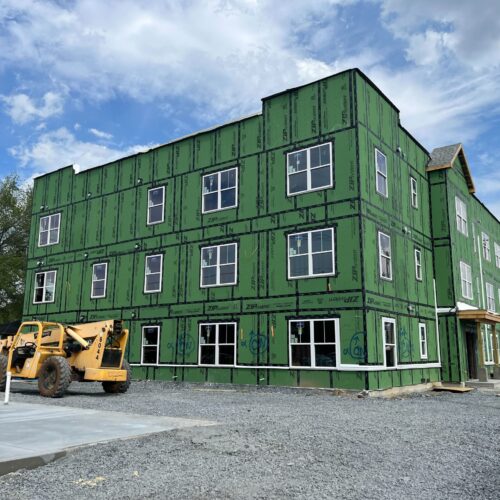
Apply Now: College Campus Community Response Learning Community
********This application deadline has passed********
The Council of State Governments (CSG) Justice Center, in collaboration with the Center for Policing Equity (CPE), is hosting a virtual learning community focused on college campus community response through public health and student-centered approaches. Recognizing that calls for service on college and university campuses differ from those of the community at large, there exists an opportunity to offer students and faculty a new experience with, and new expectations for public safety systems through college campus community responder programs.
The learning community will be led by CSG Justice Center policy staff and include opportunities for mutual learning and presentations from various attendees and leaders in the field. Participants will engage in process-oriented planning to significantly enhance their campus’s crisis system as a way to divert students in crisis from jails and emergency rooms. Teams will work through a logic model, with sessions covering key topics such as goal setting, community engagement, resource mapping, stakeholder buy-in, program development, sustainability, and more. Upon completion of the learning community, teams will be equipped with an action plan for creating a community responder program on campus, including an implementation and funding plan.
The College Campus Community Response Learning Community session dates will be:
- November 30, 2023
- January 25, 2024
- March 21, 2024
- May 16, 2024
- July 25, 2024
All sessions will take place 2:00–3:30 p.m. ET via Zoom web meeting.
If you have any questions, contact Melissa McKee at mmckee@csg.org.
This application should take approximately 10 minutes to complete.
Who should apply?
This learning community is open to teams that are hoping to explore pathways to support student wellbeing and safety while diverting college and university campus community members in crisis from unnecessary contact with campus police. Applicants must have a desire to use alternative approaches to community members on campus in crisis due to conflict, substance use, and mental health in lieu of a law enforcement response.
Who should participate?
Applicants must participate as an interdisciplinary team, with each team including representatives such as (1) a behavioral health representative; (2) a first responder (from law enforcement, fire, dispatch, or emergency medical services); (3) a representative from campus-based programs such as harm reduction services, peer supports, or campus housing; (4) a student representative; and (5) a member of the college/university administration. In addition to these team members, applicants are encouraged to include a parent or family member of a student with lived experiences in substance use, mental health, or incarceration.
Photo by Keira Burton via Pexels
Project Contact

 Zero Returns to Homelessness Initiative Launches Nationally, with Pennsylvania Leading the Way
Read More
Zero Returns to Homelessness Initiative Launches Nationally, with Pennsylvania Leading the Way
Read More
 New Hampshire Continues Justice Reinvestment Effort to Improve Conditions for People Who Are High Utilizers of Criminal Justice and Behavioral Health Systems
Read More
New Hampshire Continues Justice Reinvestment Effort to Improve Conditions for People Who Are High Utilizers of Criminal Justice and Behavioral Health Systems
Read More














